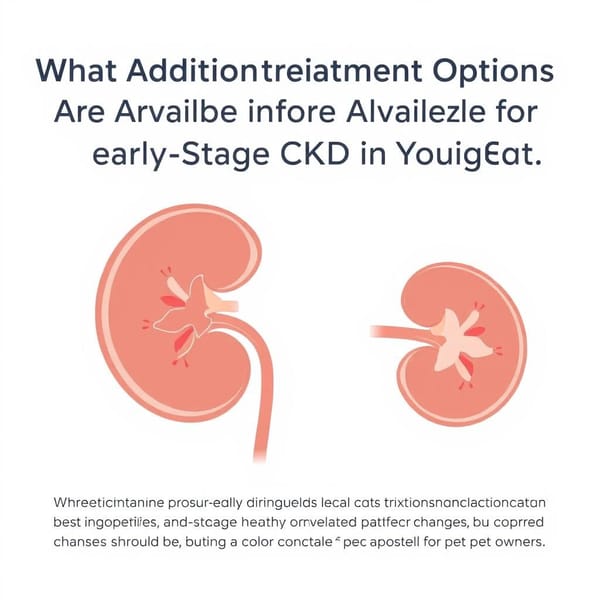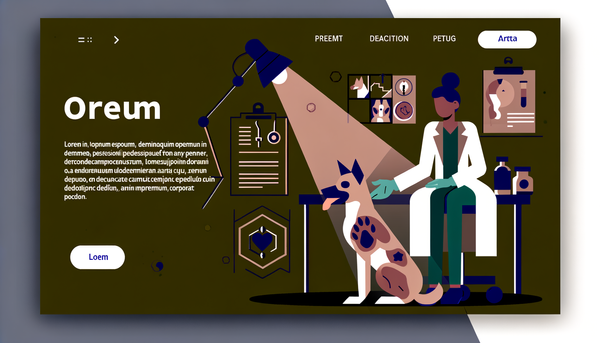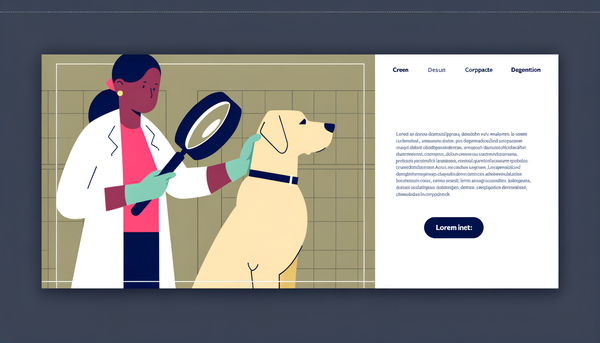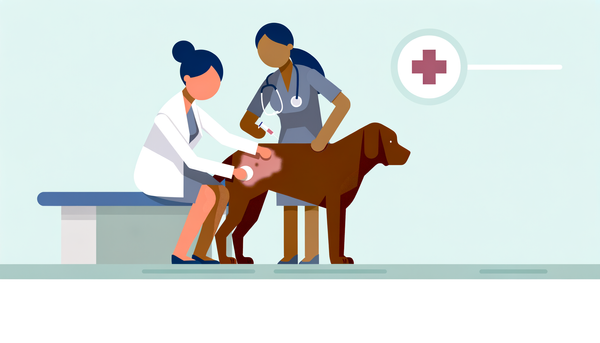What Should I Do If My Dog Ate My Cat's Doxycycline?
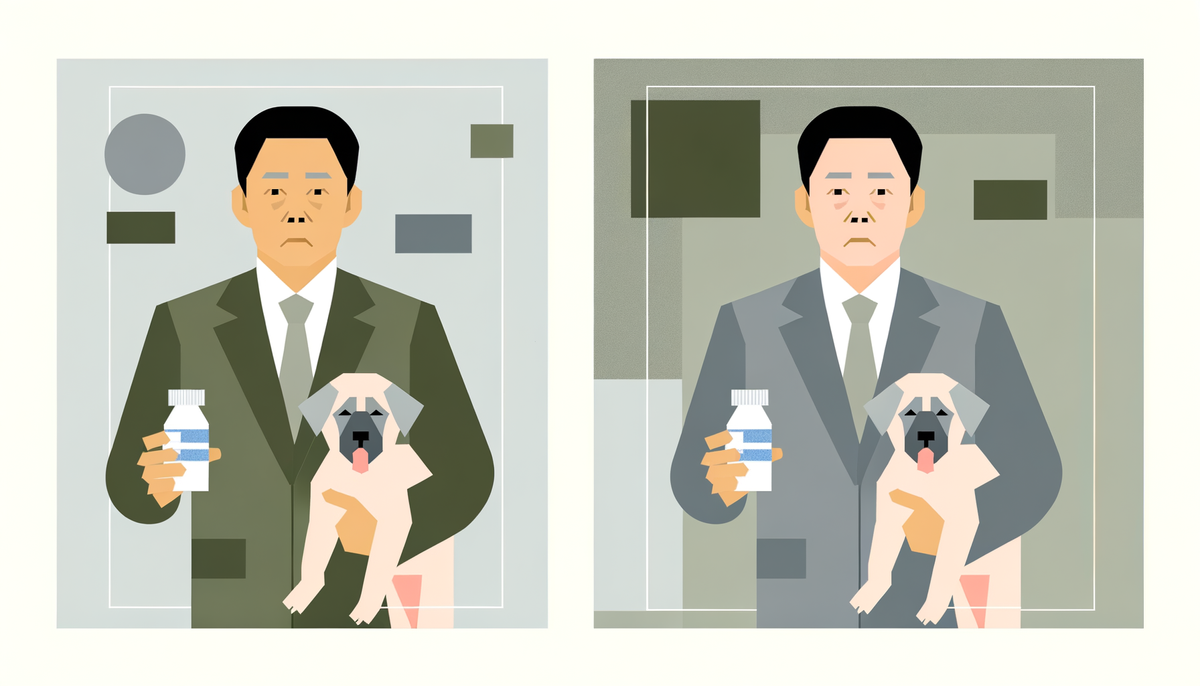
Question:
My dog, who is just over a year old and weighs about 50 pounds, chewed up my cat's doxycycline suspension prescribed for a month-long course. The bottle claims a quantity of 30 and doxycycline suspension of 460 ml at 50 mg/ml. It’s 9 PM, and the nearest emergency vet is an hour away. Should I induce vomiting or do something else?
Answer:
Firstly, you did the right thing by contacting an emergency vet. Doxycycline, like other tetracyclines, can have some adverse effects if ingested in large quantities by dogs, but your quick response is crucial.
Understanding Doxycycline:
Doxycycline is an antibiotic from the tetracycline group and is commonly used to treat various bacterial infections in cats and dogs. It works by inhibiting protein synthesis in bacteria, thereby stopping bacterial growth and reproduction.
Potential Effects of Doxycycline in Dogs:
- Gastrointestinal Distress: The primary concern with doxycycline ingestion is gastrointestinal upset. This can manifest as vomiting, diarrhea, and decreased appetite. High doses can lead to more severe symptoms.
- Esophageal Strictures: Dry pilling in cats, meaning giving the tablet or capsule without water, can cause esophageal strictures due to its caustic nature. This issue is less common in dogs but still a consideration.
- Hepatotoxicity: Though rare, doxycycline can sometimes cause liver issues in susceptible animals.
Steps to Take Post-Ingestion:
Here's what you should do immediately:
- Do Not Induce Vomiting at Home: Given that doxycycline is a prescribed medication and because inducing vomiting can sometimes cause more harm than good, especially if you are not trained, it is not recommended to induce vomiting without veterinary supervision.
- Monitor for Symptoms: Observe your dog closely for any signs of gastrointestinal distress, such as vomiting, diarrhea, or lack of appetite. Also, watch for lethargy or jaundice (yellowing of the eyes/gums), which could indicate liver stress.
- Contact Your Veterinarian: Even after speaking to the emergency vet, call your regular veterinarian as soon as they open. They might want to perform a blood test to check for any potential liver impact or other concerns.
- Hydration: Ensure your dog has access to fresh water to prevent dehydration, especially if vomiting or diarrhea occurs.
When to Seek Immediate Care:
If your dog exhibits severe symptoms such as:
- Persistent vomiting or diarrhea
- Signs of lethargy or depression
- Abdominal pain
- Jaundice
- Seizures
You should seek veterinary care immediately. It is better to travel an hour to the emergency vet than to risk severe complications.
Preventive Measures:
- Secure Medication: Always store medications out of reach of pets. Use child-proof locks or high cabinets.
- Administering Meds Carefully: When administering any medication to pets, follow the vet's instructions meticulously to avoid accidental ingestion by other pets.
For more information on the risks associated with doxycycline and other tetracyclines in animals, you can refer to comprehensive veterinary resources such as the MSD Veterinary Manual on Tetracyclines and Hepatotoxins in Small Animals.
Conclusion:
Your dog is likely to experience some gastrointestinal discomfort but should generally be okay with proper monitoring and care. Always keep emergency contacts handy and store medications securely to prevent similar occurrences in the future.
